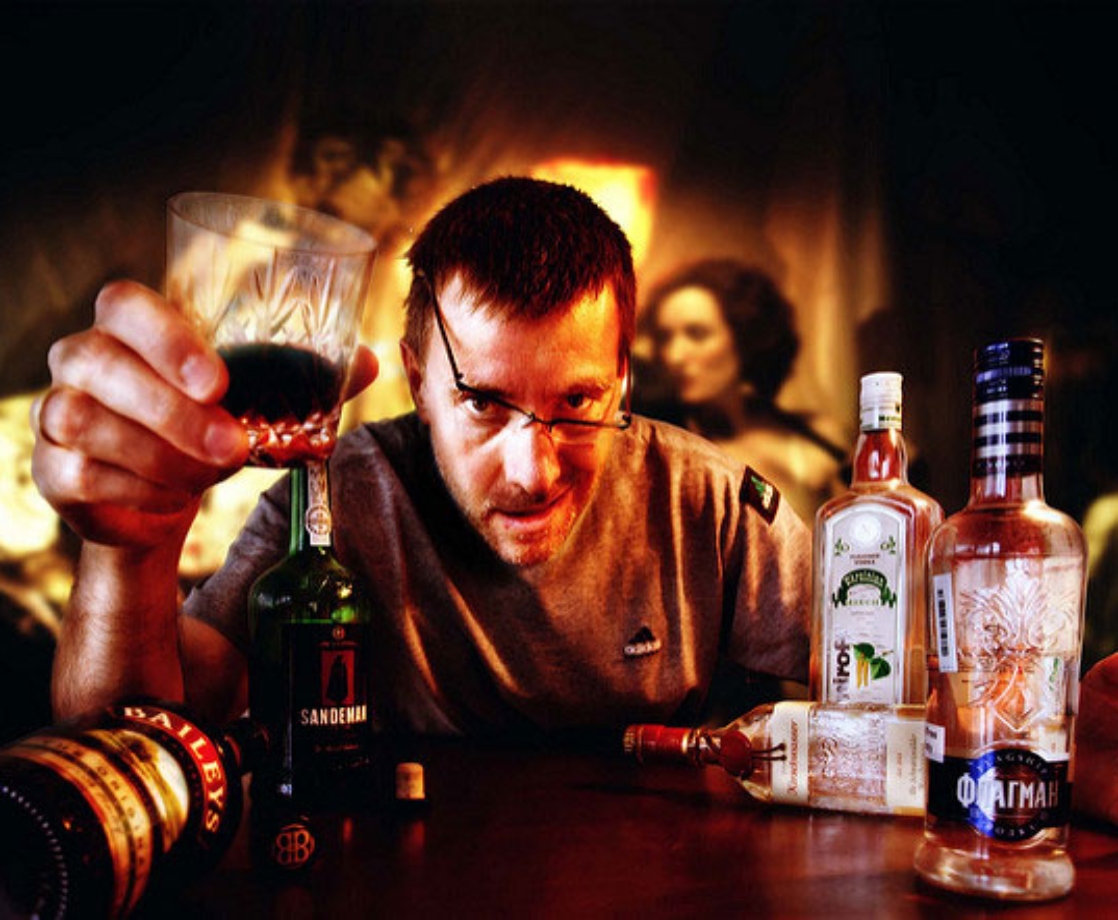A just-released Canadian study of patients who use medical marijuana for help with destructive drinking reports that 43.5 percent of the participants successfully decreased the frequency of their alcohol consumption or gave it up entirely.
These results come from The Canadian Cannabis Patient Survey 2019, a cross-sectional study backed by Tilray, a pharmaceutical and cannabis company. The complete study was published in the International Journal of Drug Policy.
A total of 2,102 cannabis patients took part in the study. Of those, 973 participants reported past or current alcohol misuse being a motivating factor in their cannabis treatment.
After undertaking a medical marijuana program, 44 percent reported consuming less alcohol over a 30-day period; 34 percent said they reduced the number of drinks they had per week; and eight percent reported not drinking any alcohol at all.
Philippe Lucas, a graduate researcher at the University of Victoria and co-author of the study, noted that the results add “to a growing body of evidence that medical cannabis use is often associated with reductions in the use of other substances, including alcohol, opioids, tobacco and illicit drugs.”
“Since alcohol is the most prevalent recreational substance in the world, and its use results in significant rates of criminality, morbidity, and mortality,” Lucas said, “these findings may result in improved health outcomes for medical cannabis patients, as well as overall improvements in public health and safety.”
Other research projects back up Lucas’s observations. A January 2020 study from Oregon State University, for example, proved that binge drinking among college students dramatically declined in states with legal cannabis. A separate 2019 study determined that overall binge drinking in states with legal pot was nine percent below the national average.
“More and more,” Lucas said, “we’re seeing that cannabis products can be used as safer substitutes. We have a lot more evidence now to suggest that, for example, people use less alcohol on the days when they also use cannabis. And, on the evenings when they are using cannabis and going out with friends, they’re less likely to binge drink.”
Tim Stockwell, a scientist and professor at the Canadian Institute for Substance Use Research at the University of Victoria, advocated on behalf of the study’s indications that weed is a potentially powerful treatment for problem drinking.
“We’ve looked at harm reduction options for people using heroin,” Stockwell said, “but, when it comes to alcohol, there’s not much typically being done. None of this is to say that cannabis is entirely safe and harmless… but we’d be trading it for something that harms every organ in the body and probably has two or three hundred different diagnostic categories of disease that can be serious or fatal, compared with cannabis, which maybe has four or five.”











